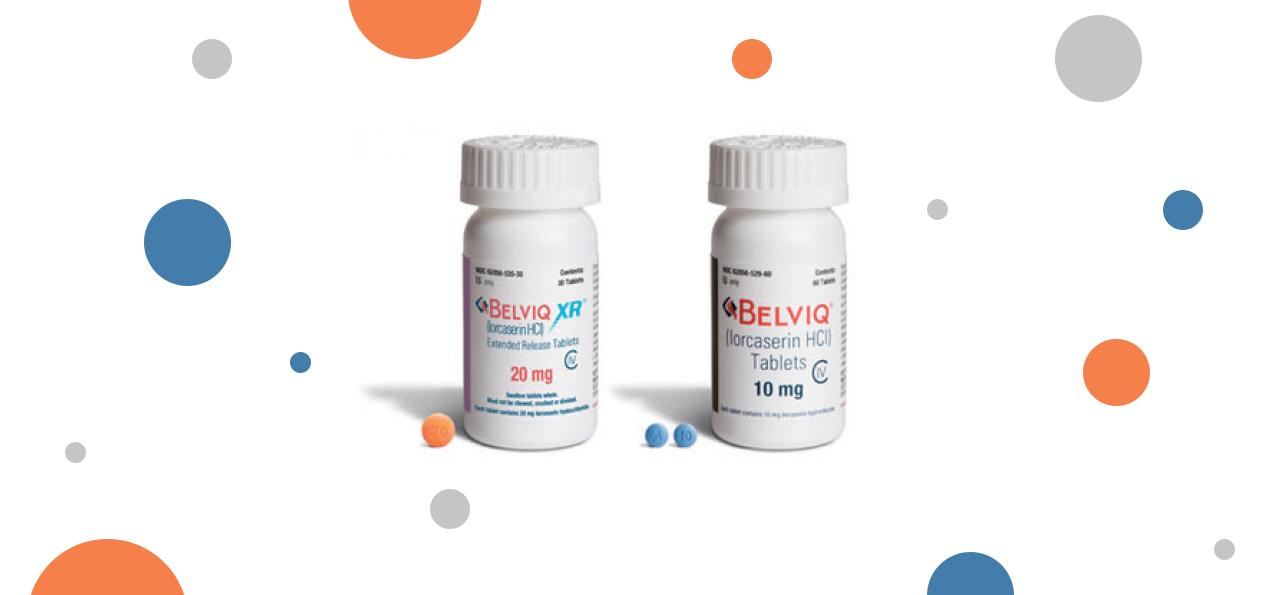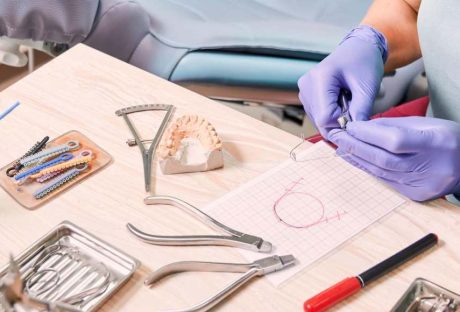High cholesterol levels can be caused by your hereditary makeup, a diet high in excess fat, and obesity. If you’ve lately been diagnosed with high cholesterol, discussed below are tips to combat the condition:
Health Tips For Managing High Cholesterol:
1. Track the Cholesterol Level Frequently
As stated by the American Heart Association, the risk of a heart attack with a total cholesterol level of 240 mg/dl is twice as high as for a person with a cholesterol level of 200 mg/dl. Most doctors want total cholesterol below 200 mg/dl, meaning that LDL (bad cholesterol) is less than 130, and HDL (good cholesterol) is above 40. Observing or monitoring your cholesterol level can help you achieve the right cholesterol balance.
2. Read Resources by Yourself
Ensure you explore the topic of cholesterol and learn as much as you can. Remember that our body produces and makes use of cholesterol to help execute certain vital functions, such as building new cells and creating hormones. It appears that low HDL levels can intensify your risk of heart problems. Saturated fats in most foodstuffs are blamed for increasing cholesterol.
It is important to identify treatment options that are accessible to both conventional medicine and substitute treatments so that you can make a good decision. The choice of traditional or alternative medicine is determined by your present cholesterol level, your overall health, and your way of life. Some people like to take statins to lower cholesterol, while others do all they can to evade them. Make sure you tell your doctor about all of the treatment methods you have chosen.
3. Lose Weight
If you’re carrying some excess weight, dropping part of it can lower cholesterol, as well as improve your overall health. Being overweight can interrupt normal fat metabolism. Do not start on an accelerated diet, but watch for a slow and stable loss of half to one pound per week. Combining this with regular exercise can lower your risk of high blood pressure and diabetes.
4. Exercise Regularly
Spend 30 minutes a day walking briskly or doing moderate exercises such as cycling, aerobics, swimming, or running. Following the NHS exercise recommendations are useful for lowering dietary fat and the risk of heart disease.
5. Make a Distinction between Good and Bad Fats
Research has revealed that a diet rich in monounsaturated fats lowers the risk of coronary heart disease by decreasing LDL cholesterol levels while increasing HDL. This kind of good fat is found in olive and peanut oils, avocados, and nuts (mainly walnuts and almonds). Also, the unsaturated cholesterol counteracts swelling in the arteries and prevent damage to the blood vessels. Limit your intake of saturated fats (mainly animal products such as cheese, butter, fatty meat, and whole milk) and trans-fats (salad dressing, margarine, cakes, pastries, and snacks) as these can increase cholesterol levels.
Omega-3 fatty acids are an additional group of HDL. They are found in oily fish such as salmon, tuna, mackerel, and sardines. They can decrease LDL and triglycerides. However, to benefit from omega-3, you need to lower your total saturated fat intake.
6. Increase in Fiber Consumption
Vegetarians are known to have lower fat levels and a lesser risk of heart disease than meat lovers. Plant products, such as fruits, whole grains, vegetables, and beans, are all high in fiber. There are two main types of fiber – soluble and insoluble, with the soluble form lowering cholesterol absorption in the arteries.
7. Eat Compound Starches
Whole grain pasta, root vegetables, brown rice, barley, oats, and whole-grain dough are complex starches that are not just high in roughage, but also have many vitamins, minerals, phytochemicals, and Life essentials nutrition. They help lower cholesterol. Try to reduce your consumption of refined starches like cookies and white bread, as this can increase the risk of high cholesterol.
8. Drink Green Tea
A good and healthy substitute for soft drinks and other sugary drinks is green tea. Studies have revealed that it aids in lowering LDL cholesterol.
9. Eliminate Stress
Studies have found a link between job stress and disturbances in cholesterol levels. Stress and the associated emotions such as fear, tension, depression, and anger cause the discharge of hormones that tighten the arteries, reduce the flow of blood to the heart, and increase blood pressure and heart rate. These reactions, along with increased cholesterol, can significantly increase the likelihood of a heart attack.
To get rid of stress, leave the situation by taking a short walk, taking a deep breath, meditating, stretching, or listening to soft music. This allows you to cool down and relax.
10. Stop Smoking
Smoking not only lowers HDL, which is the good cholesterol, but it also comes with a whole host of adverse health effects, such as an increased risk of many cancers, stroke, and heart disease.
Following these tips will go a long way to ensuring your cholesterol level returns to the normal range. Losing weight, exercising regularly, and improving your diet are also great for your health and general well-being, so there’s no excuse for avoiding these positive changes.
Read Also:























